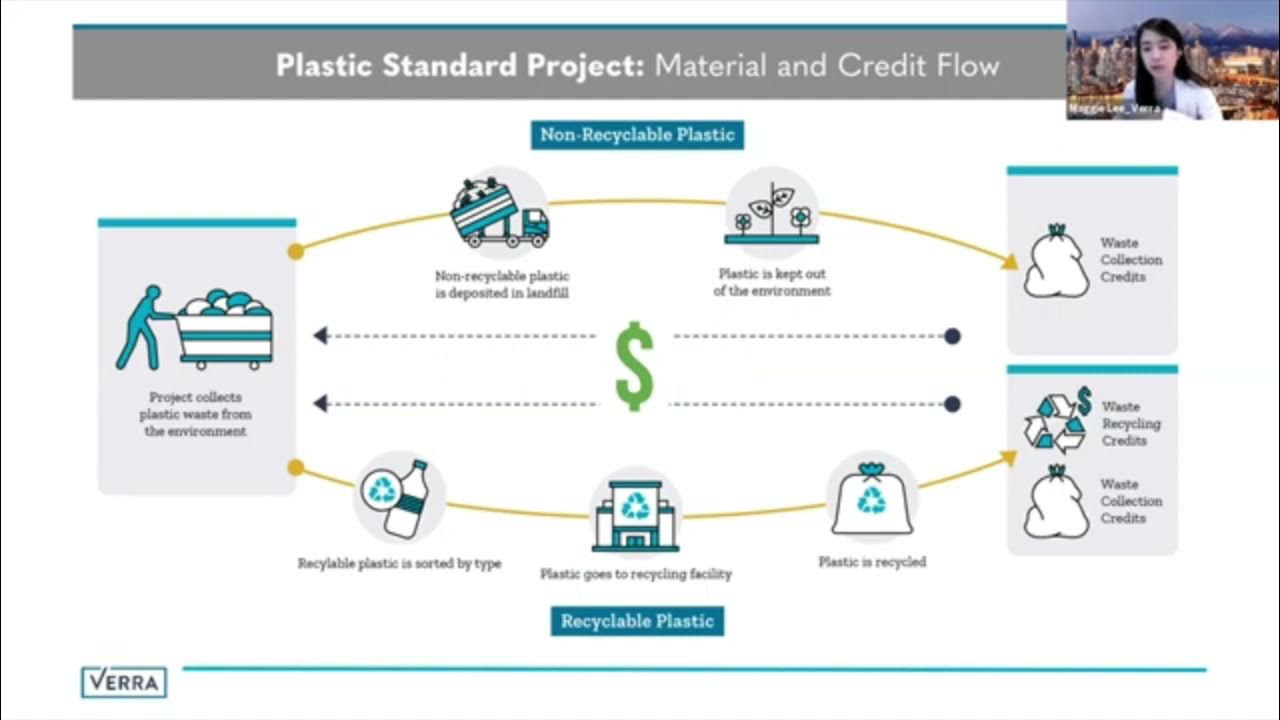Nigeria's Recipe to Combat Malnutrition Crisis | Kenya: Turning Plastic into Boats| Resurgent Africa
Summary
TLDRThis episode of 'Resurgent Africa' highlights positive stories from Africa, covering diverse topics such as Kenya’s innovative recycling project turning plastic waste into boats, and Nigerian efforts to combat malnutrition by fortifying meals with nutrient-rich bouillon cubes. It also delves into conservation efforts in Kenya, where volunteers help endangered sea turtles reach the ocean amidst environmental challenges. The show emphasizes the critical role of sea turtles in maintaining marine ecosystems, and how small efforts like food fortification and recycling can make a massive impact on health, sustainability, and the environment.
Takeaways
- 🌍 Resurgent Africa focuses on overlooked positive stories from Africa, including initiatives in Nigeria and Kenya.
- 🍲 Nigeria is fortifying bouillon cubes with essential nutrients like iron, zinc, folic acid, and vitamin B12 to combat malnutrition.
- 🐢 Kenyan volunteers are aiding endangered sea turtles, guiding them from nesting beaches to the ocean, while also cleaning beaches of harmful plastic waste.
- 🌊 Sea turtles play a vital role in maintaining marine ecosystems, and their potential extinction could damage biodiversity and human life.
- ♻️ A Kenyan NGO called Flip Floppy is recycling plastic waste collected from beaches to create furniture and boats, helping to combat plastic pollution.
- 🛥️ The Flip Floppy project has already built boats made entirely from plastic waste, showcasing innovation in recycling and environmental conservation.
- 🍲 Food fortification in Nigeria, including efforts to add vitamins and minerals to common staples, aims to improve public health on a large scale.
- 🐢 Conservation efforts for sea turtles in Kenya not only help protect the species but also bring awareness to the broader environmental challenges.
- ♻️ Lamu, Kenya, is transforming its image by turning plastic waste into products, reviving the town's beauty and reducing the impact of plastic pollution.
- 👩🍳 Fortified bouillon cubes in Nigeria are expected to provide a low-cost way to improve nutrition for millions who cannot afford nutritious food.
Q & A
What is the main focus of the 'Resurgent Africa' show?
-The show highlights positive and often overlooked stories from Africa, including innovative solutions to challenges, such as fortifying meals in Nigeria and recycling plastic waste in Kenya.
How is Nigeria addressing malnutrition in the country?
-Nigeria is fortifying bouillon cubes, a common household seasoning, with essential micronutrients like iron, zinc, folic acid, and vitamin B12 to help fight malnutrition, especially for those who cannot afford nutritious food.
What are some key challenges sea turtles face in their journey to the ocean?
-Sea turtles face multiple threats, including the loss of nesting beaches, light pollution, climate change, human activity, and predators. These factors make it difficult for many hatchlings to survive and reach the ocean.
Who is working to protect baby sea turtles in Kenya, and what actions are they taking?
-A group of Kenyan volunteers is protecting baby sea turtles by guiding them from their nests to the ocean, cleaning the beaches of harmful plastics, and raising awareness about the importance of marine conservation.
Why are sea turtles important to marine ecosystems?
-Sea turtles help maintain the health of seagrass beds and coral reefs, which are essential for supporting a wide range of ocean life. Their extinction could lead to significant damage to ocean biodiversity and human life.
What is the significance of fortifying bouillon cubes in Nigeria?
-Fortifying bouillon cubes provides a cost-effective way to deliver essential nutrients to millions of people, helping to combat malnutrition and improve public health, particularly for low-income families.
What impact has plastic pollution had on Lamu, Kenya?
-Plastic pollution has severely affected Lamu, a coastal town known for its beautiful beaches, leading to a decline in tourism. The once-pristine waters are now littered with plastic waste.
How is the Flipflopi project contributing to plastic waste management in Kenya?
-The Flipflopi project collects plastic waste from Lamu’s beaches and recycles it into boats, furniture, and other products, raising awareness about plastic pollution and offering a sustainable solution to the waste problem.
What are some challenges faced by the Flipflopi project in recycling plastic?
-The project faces challenges with plastic quality, as some plastics contain additives or have degraded in the sun, making them harder to recycle. Additionally, some types of plastic require larger industrial facilities to process.
What is the broader goal of the Flipflopi project's recycled boats?
-The Flipflopi project aims to draw global attention to the issue of plastic pollution and promote sustainable waste management practices. The boats symbolize the potential for turning plastic waste into valuable resources.
Outlines

此内容仅限付费用户访问。 请升级后访问。
立即升级Mindmap

此内容仅限付费用户访问。 请升级后访问。
立即升级Keywords

此内容仅限付费用户访问。 请升级后访问。
立即升级Highlights

此内容仅限付费用户访问。 请升级后访问。
立即升级Transcripts

此内容仅限付费用户访问。 请升级后访问。
立即升级浏览更多相关视频

Rumah Anorganik, Mengubah Sampah Menjadi Karya Bernilai

Banana Peels From Waste To wealth: Creating Bioplastic and Eco Friendly Paper For a Greener Future.

Inside Africa's Food Forest Mega-Project

Pengolahan Limbah Sampah Plastik SMP TEUKU NYAK ARIF FATIH BILINGUAL SCHOOL ACEH

Pemanfaatan sampah plastik menjadi Paving Block

Plastic Standard Project by Verra
5.0 / 5 (0 votes)
